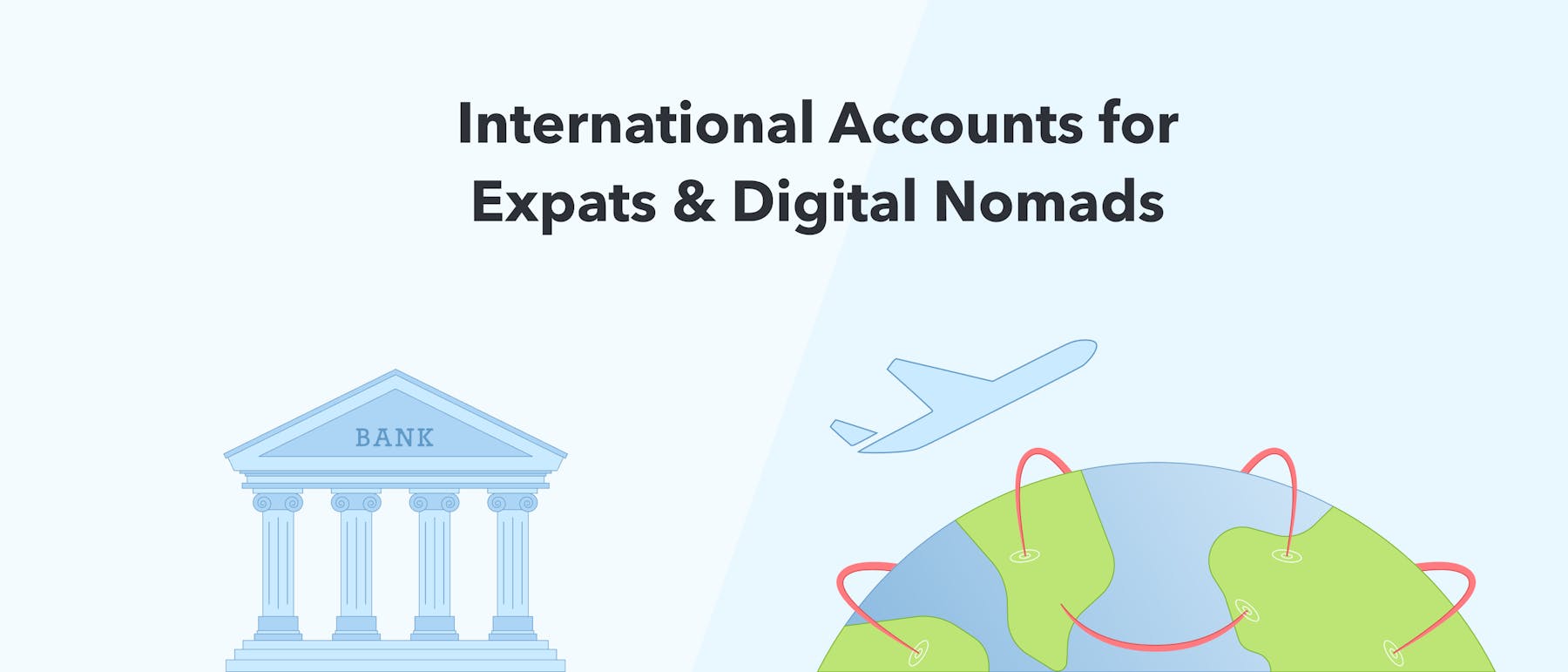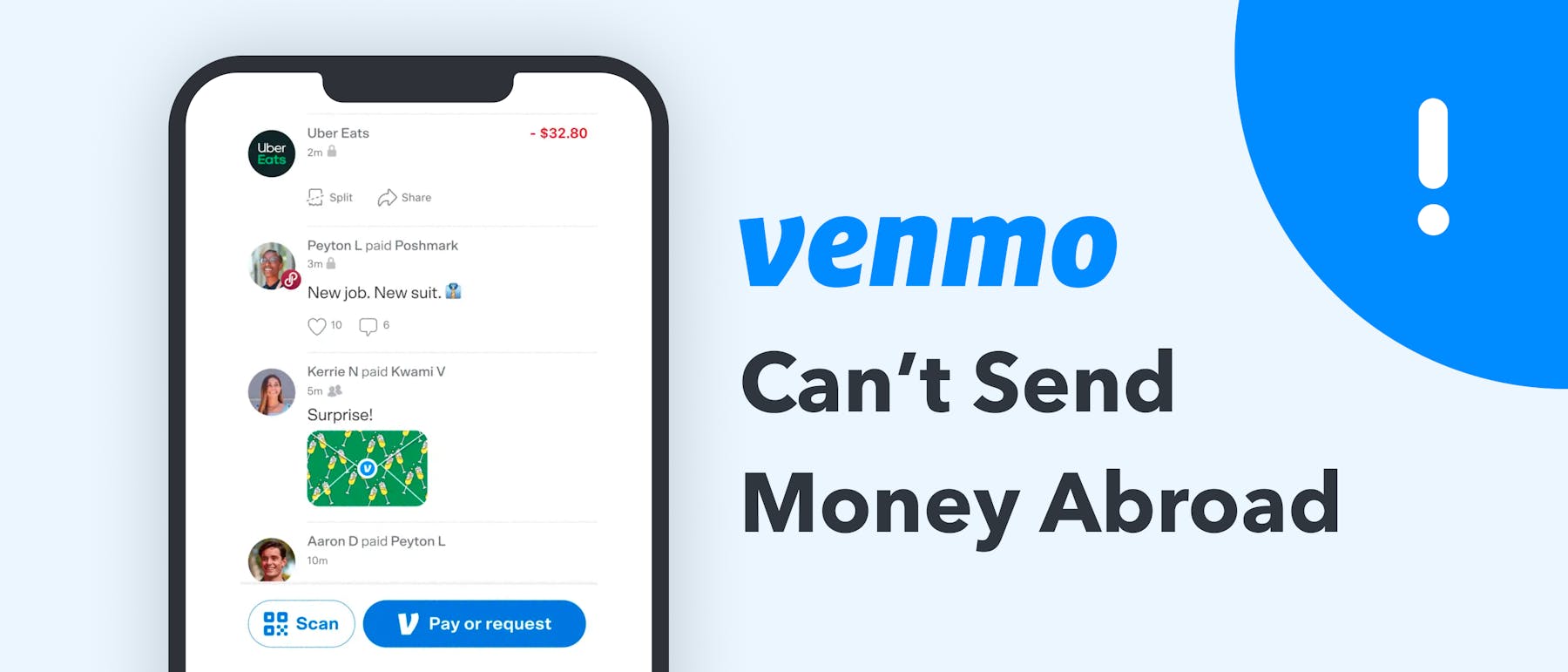
Our recommendation: in most cases, avoid PayPal and opt for Payoneer

Pascal Briod
Guide

Co-Founder of Monito, Pascal has been sending money abroad for the past 20 years and now shares his expertise with Monito’s users to help them find the best way to transfer money.
Links on this page, including products and brands featured on ‘Sponsored’ content, may earn us an affiliate commission. This does not affect the opinions and recommendations of our editors.
Read morePayoneer vs PayPal. Which is best for you to send or receive money internationally and make business payments? Here is our analysis and the pros and cons of each international money transfer service.
Payoneer is an online payment provider geared to business owners, professionals, freelancers and product / service marketplaces. Their not intended for personal use. They convert money at 2% above the mid-market rate.
PayPal is fine for domestic transfers within one country and is great for many customers to make online payments or send money to friends, as long as you send in the same currency. But if you're sending money across borders and currencies, it's overall not a good idea to use PayPal for international money transfers - because it's pricey. When a currency conversion is involved, a big portion of your transfer costs are hidden in the hefty margin PayPal takes.
Our recommendation depends on what country you are located in and receiving money from, but usually, avoid PayPal and go for Payoneer for international money transfers. Here's why.
Payoneer vs PayPal
Compare Paypal, Payoneer and 100+ international money transfer services
Fees & Exchange Rates - How Payoneer and PayPal compare
Payoneer works like this: Payoneer is intended only for business payments, receipts and currency conversion. They allow customers to send and receive payments to and from businesses and marketplaces across a number of countries around the world. Payoneer’s services differ from a standard currency exchange provider in terms of how their currency exchange service functions, depending on the status of your and the beneficiary’s Payoneer accounts. They offer direct currency conversions, payment solutions, integrations and enable businesses and marketplaces to pay employees, contractors and others.
PayPal for businesses works like this: Account setup varies according to the country you are in. If you're in the US, you can set up a variety of business accounts depending on your needs--you can enable customers to pay directly on your website via PayPal. You can accept debit and credit cards using PayPal Checkout as well as Venmo (but note that Venmo does not work for international payments).
Debit & Credit Cards
The Payoneer Mastercard card can be used to make a purchase with a currency other than the card’s listed currency, the conversion is based on Mastercard’s official currency conversion rates. In addition to the conversion by Mastercard, Payoneer applies a currency conversion charge of up to3.5%.
PayPal's Cash Mastercard is a debit card that links directly from your PayPal balance or a PayPal prepaid mastercard (you can transfer money directly from your PayPal balance to this card). They also offer two credits cards and a digital credit line. The fees for these cards are all over the place, though, and at the time of writing we had to hunt hard on PayPal's site to locate their fees , which is a clear indication of how badly PayPal stacks up in the transparency arena. Here are a few examples of fees you incure the with PayPal Cash Mastercard (their debit card). In the US, domestic ATM withdrawals incur zero fees at Moneypass ATMs, which is a specific network of ATMs. Withdrawals from all other ATMs will charge you US $2.50 per transaction. Want to use the debit card outside the US? According to PayPal's T&Cs, they will charge you "$2.50 per withdrawal from a non-U.S. ATM or 2.5% of the purchase amount, from a non-U.S. merchant or use at a non-U.S. ATM. This fee will apply even if the transaction does not require a currency conversion." When there is a currency conversion involved, then you will again get a raw deal because the exchange rate PayPal gives you incurs a hefty margin (again, it all goes back to the fact that PayPal is not an affordable option for international money transfers).
There are zero startup or monthly costs, but there many transaction fees which match the PayPal transaction fees. For example, if you sell a service or a product and a customer buys the product, in the U.S., the customer is charged a 2.9% transaction fee plus a fixed fee based on the currency. Outside of the U.S. the fee jumps to 4.4% plus the fixed fee depending on the currency. You can send an invoice at no charge, but the customer will be charged the same fees when they pays the invoice, plus they will lose money due to PayPal's bad exchange rate.
Fees
Payoneer has several different types of fee. You can also find a breakdown of Payoneer fees here. Signing up is free, but when receiving payments from another Payoneer customer’s account via the “Make a Payment” service is free. Receiving money into your local account for the following currencies: EUR, GBP, JPY, AUD, CAD and CNY, and there is a 0% to 1% fee for USD, depending on which country the payment originates from. Getting money directly from customers via credit or debit card has a 3% fee., via an eCheck in USD is has a 1% fee and from marketplaces fees are set by each marketplace or network.
Withdrawing funds to a bank account in your local currency, assuming you have converted funds in the account, obtain a fee of $1.50, €1.50 or £1.50. These apply to transfers from a USD, EUR, or GBP receiving account to a bank account registered in the respective currency, located in the respective country and belonging to a locally-registered company or individual. Withdrawing funds to a bank account in another currency will cost up to 2% above the mid-market rate
With PayPal, in the United States, fees are zero if you send money from your PayPal account or your bank account, but fees rise to 2.9% of your transfer if you pay with you debit or credit card or with PayPal credit. Fees are also applied sending from Paypal to Skrill or from Paypal to Moneygram.
If you are sending from the US to another country, fees vary depending on the destination and amount but run anywhere from $0.99-$4.99 per transaction if you send money from your PayPal balance or your bank account. Pay with you credit card, debit card or PayPal Credit and they slap on another fee of 2.9% of the total transaction amount PLUS plus a fixed fee based on currency. For example, if you are sending money to Mexico they'll charge an addition 4 Mexican Pesos, and if you are transferring funds to the Philippine you'll be charged an additional 15 Philippine Pesos. Yeah. There are so many fees, it's hard to keep up with all of them. And then there's the exchange rate.
Exchange rates
Payoneer exchanges currency at the mid-market rate and charges an additional commission fee of 0.5% of the converted amount. Withdrawing funds to a bank in a different currency will attract a fee of up to 2% above standard exchange rate for converting funds into the other currency and withdrawing.
PayPal's exchange rate is based on the rate they get from their bank (versus the standard mid-market exchange rate) and they add a 2.5% margin on top of that. As explained in our posts about Paypal's exchange rate from Pounds to dollars or dollars to pounds, it is impossible to know what their bank rate is, but bank exchange rates are notorious for being poor--in other words, they are generally bad for the customer and good for the bank (due to a hefty margin).
Key takeaways:
- For businesses, PayPal makes it easy to set up a payment system on your website, but your customers will get charged hefty fees--fees are particularly high if you have international customers.
- Both offer the option to send international invoices, but PayPal's fee structure usually equals high fees. Payoneer enables you to invoice your clients in their currency and receive money with no fees for EUR, GBP, JPY, AUD, CAD and CNY, but not other currencies.
- PayPal's exchanges rates are terrible (and unfair), and impossible to predict. Payoneer's exchange rates are 2% above standard mid-market rate (in other words, a fair exchange rate).
- Payoneer's various types of fees that can add up quickly.
Payoneer is usually a better deal compared to PayPal
Monito recommends Payoneer over PayPal
Related articles
Other side-by-side comparisons
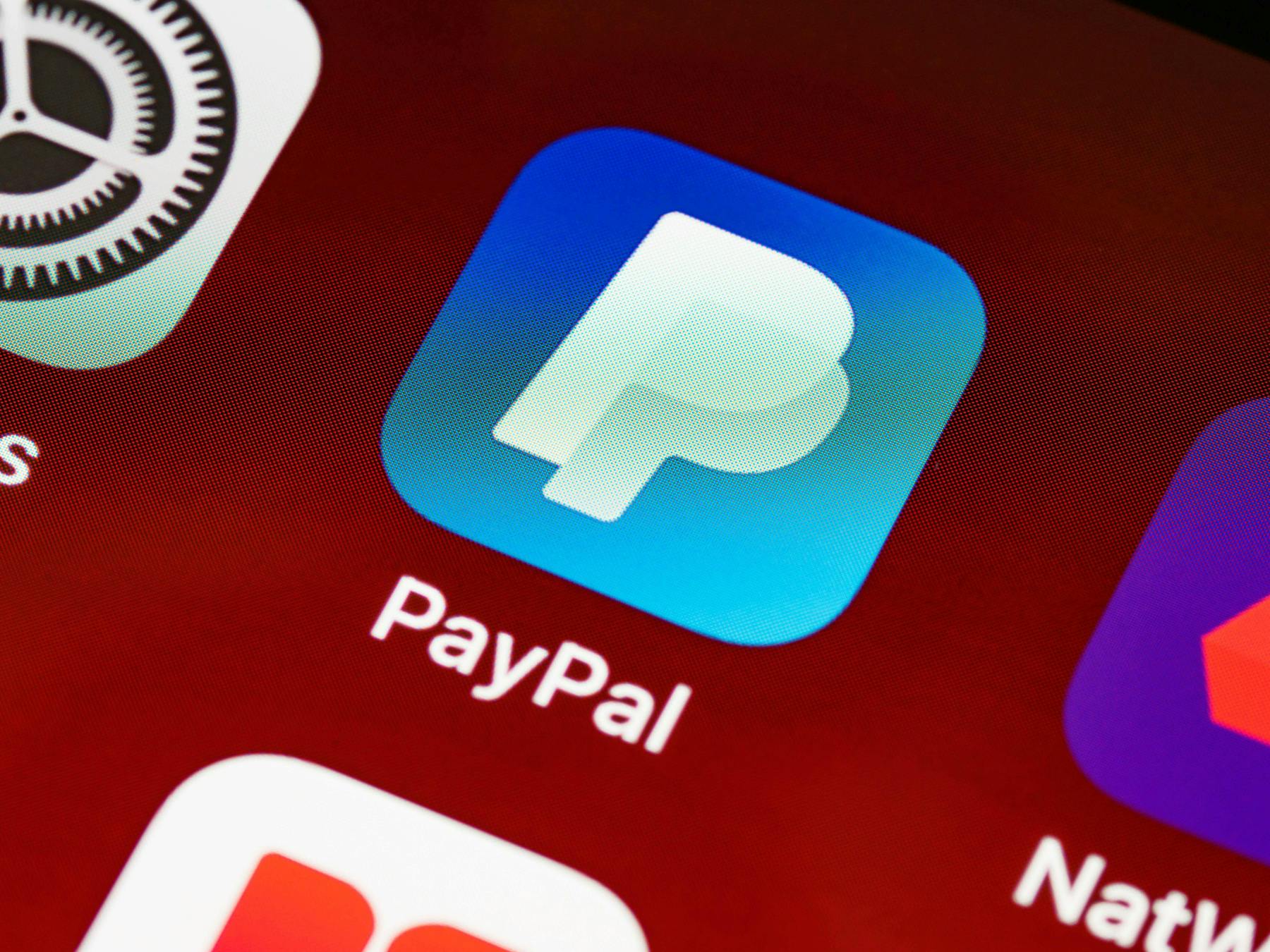
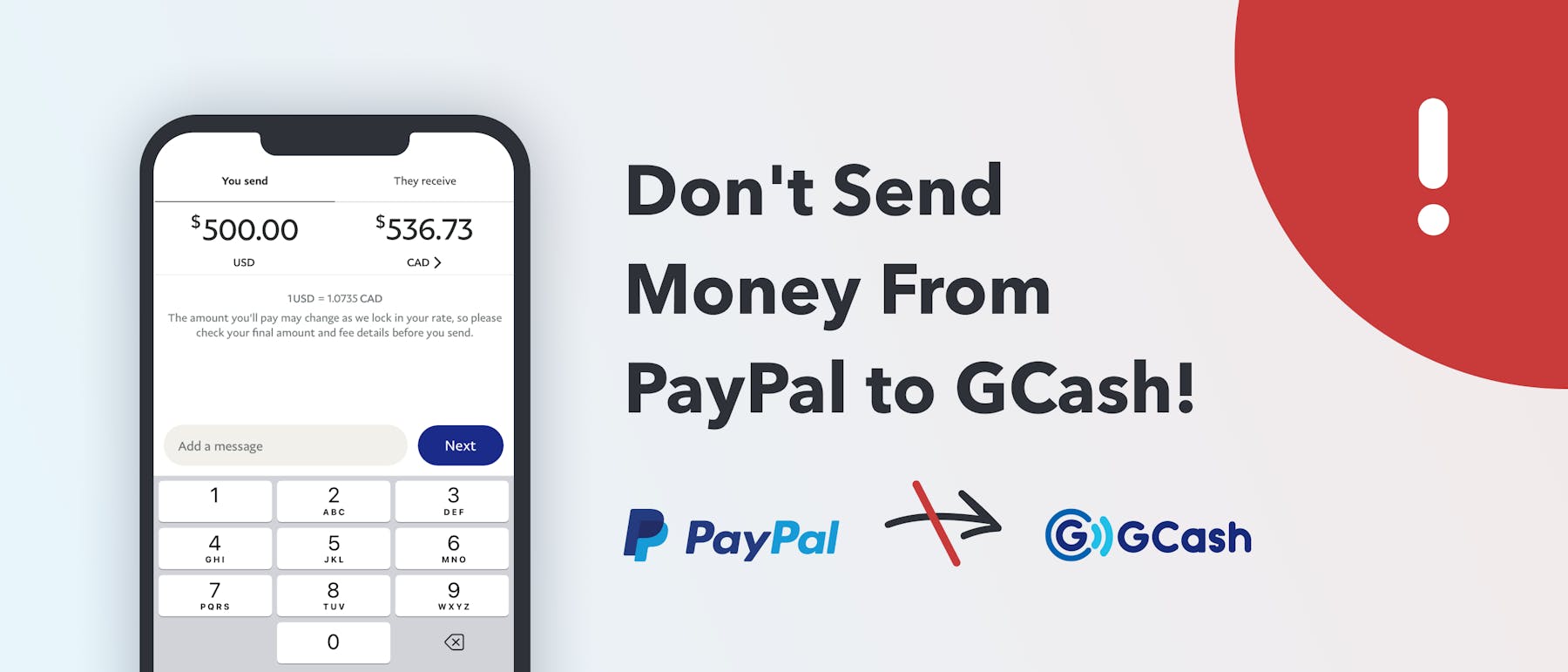
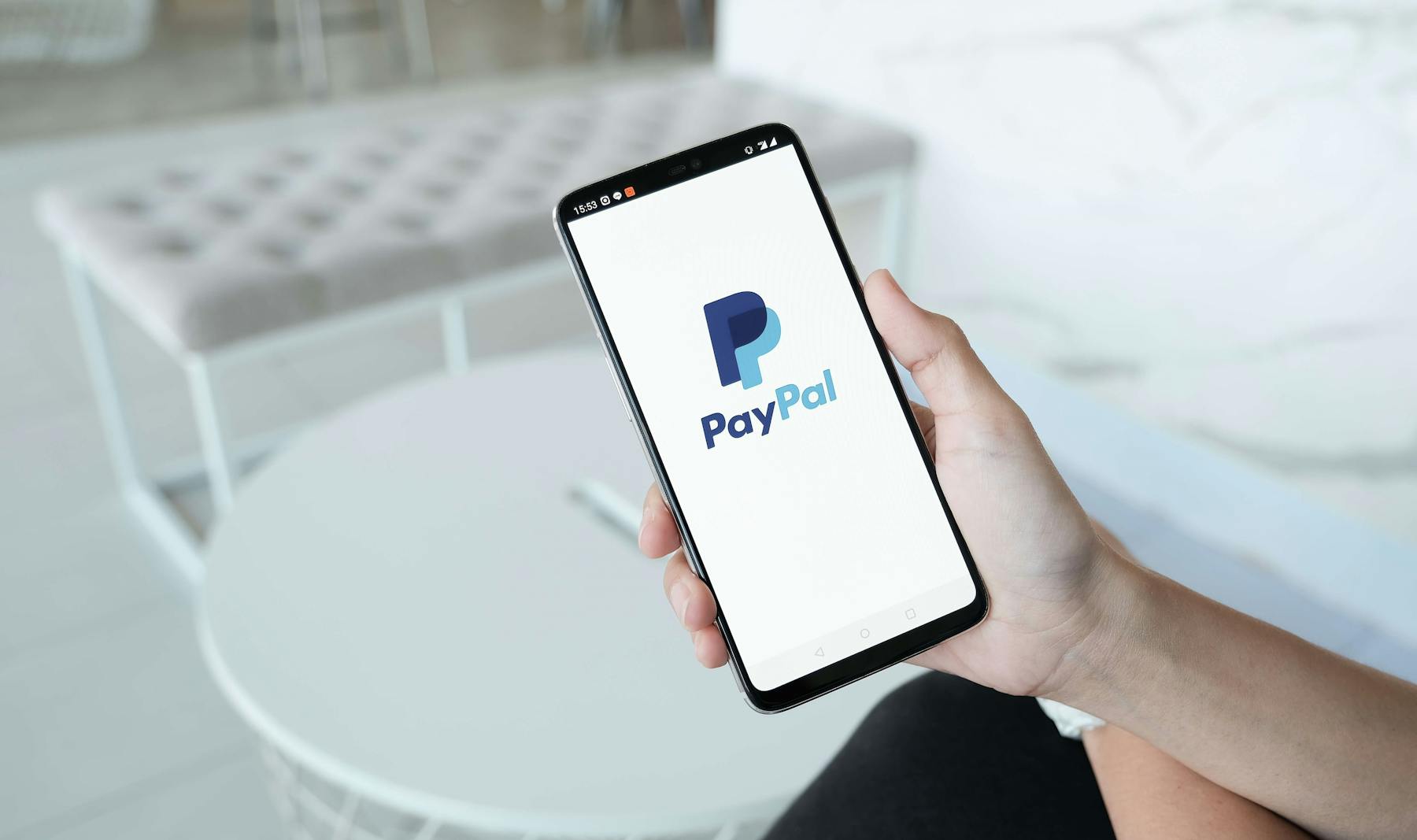
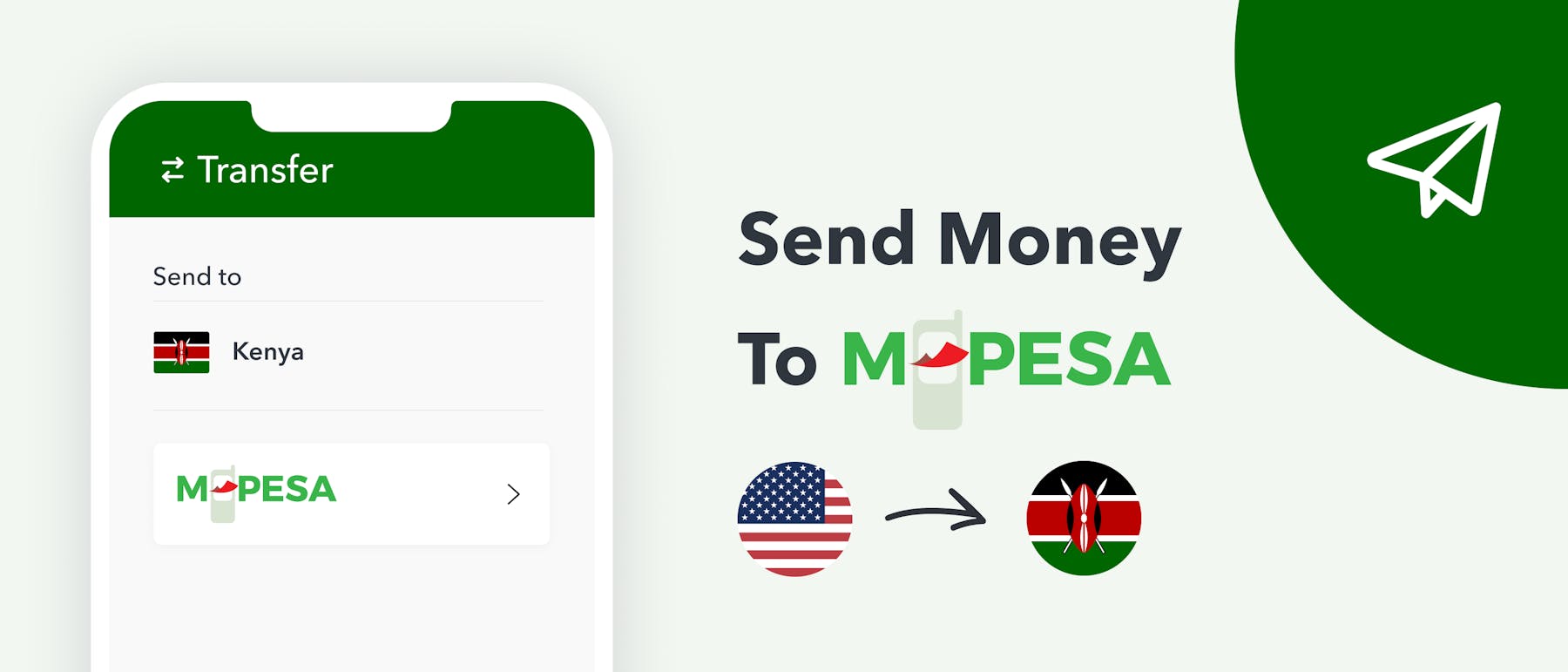


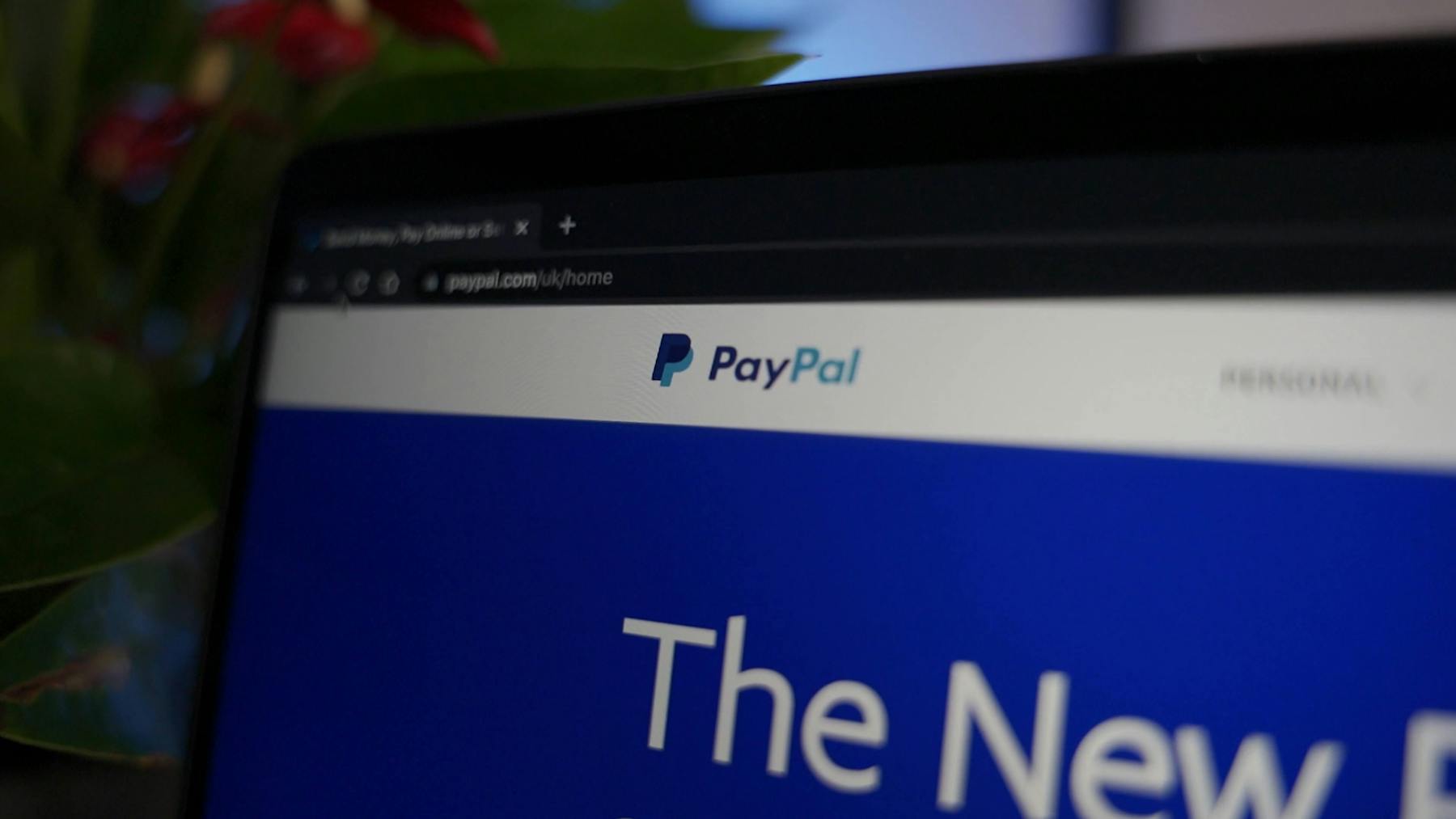
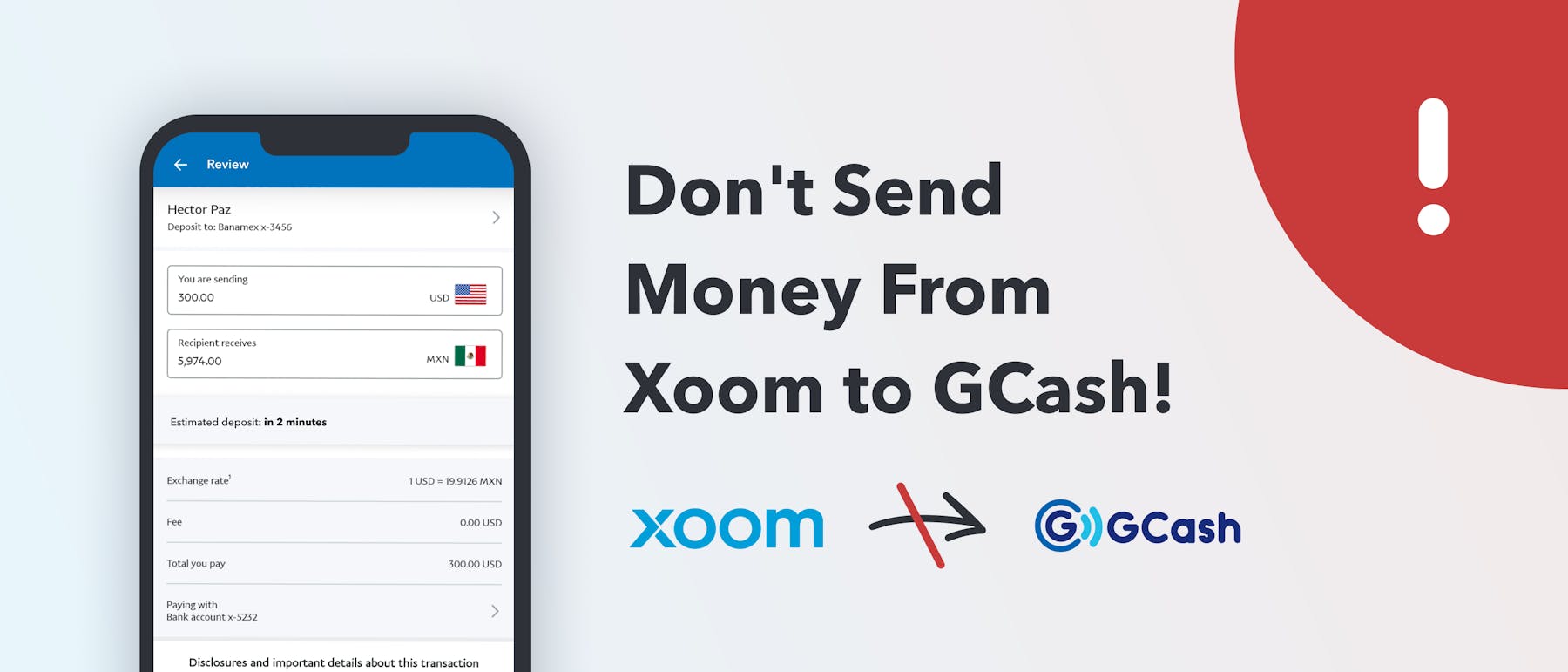


Why Trust Monito?
You’re probably all too familiar with the often outrageous cost of sending money abroad. After facing this frustration themselves back in 2013, co-founders François, Laurent, and Pascal launched a real-time comparison engine to compare the best money transfer services across the globe. Today, Monito’s award-winning comparisons, reviews, and guides are trusted by around 8 million people each year and our recommendations are backed by millions of pricing data points and dozens of expert tests — all allowing you to make the savviest decisions with confidence.
Monito is trusted by 15+ million users across the globe.
Monito's experts spend hours researching and testing services so that you don't have to.
Our recommendations are always unbiased and independent.
